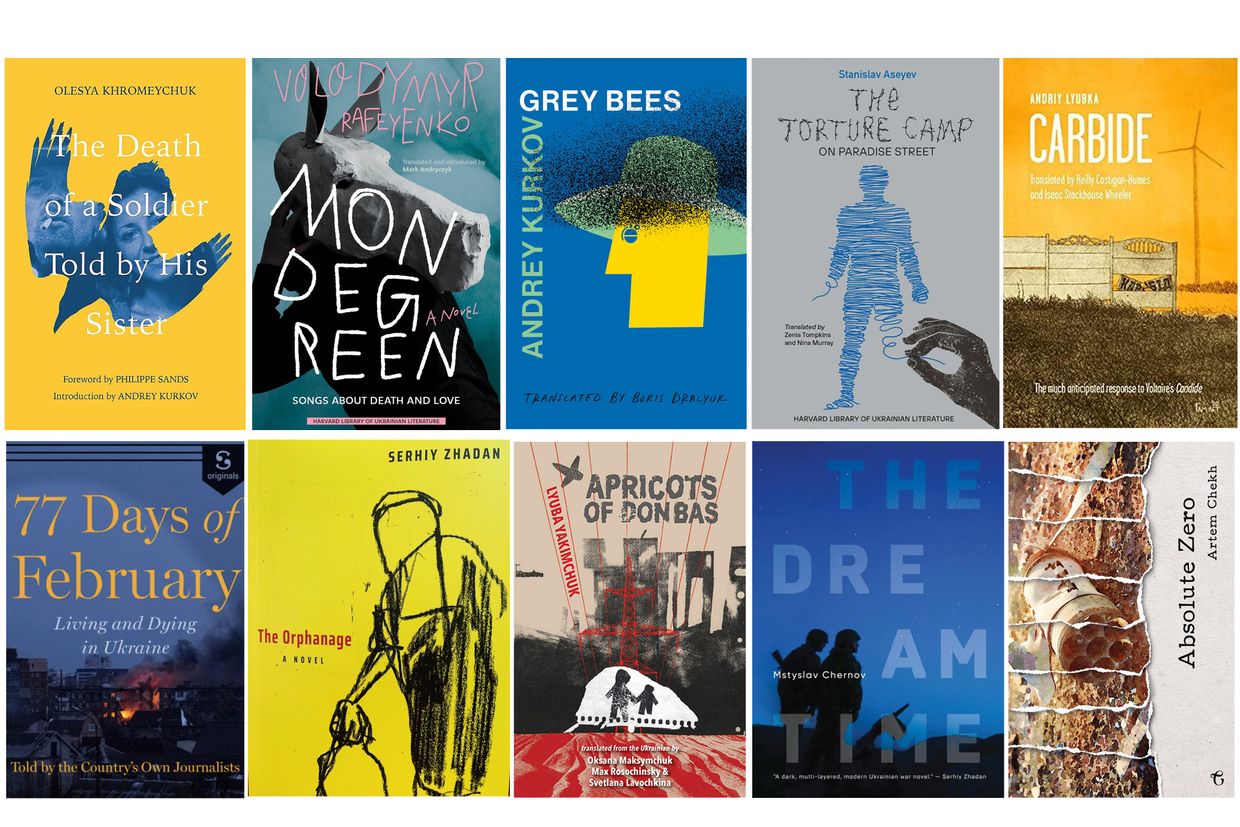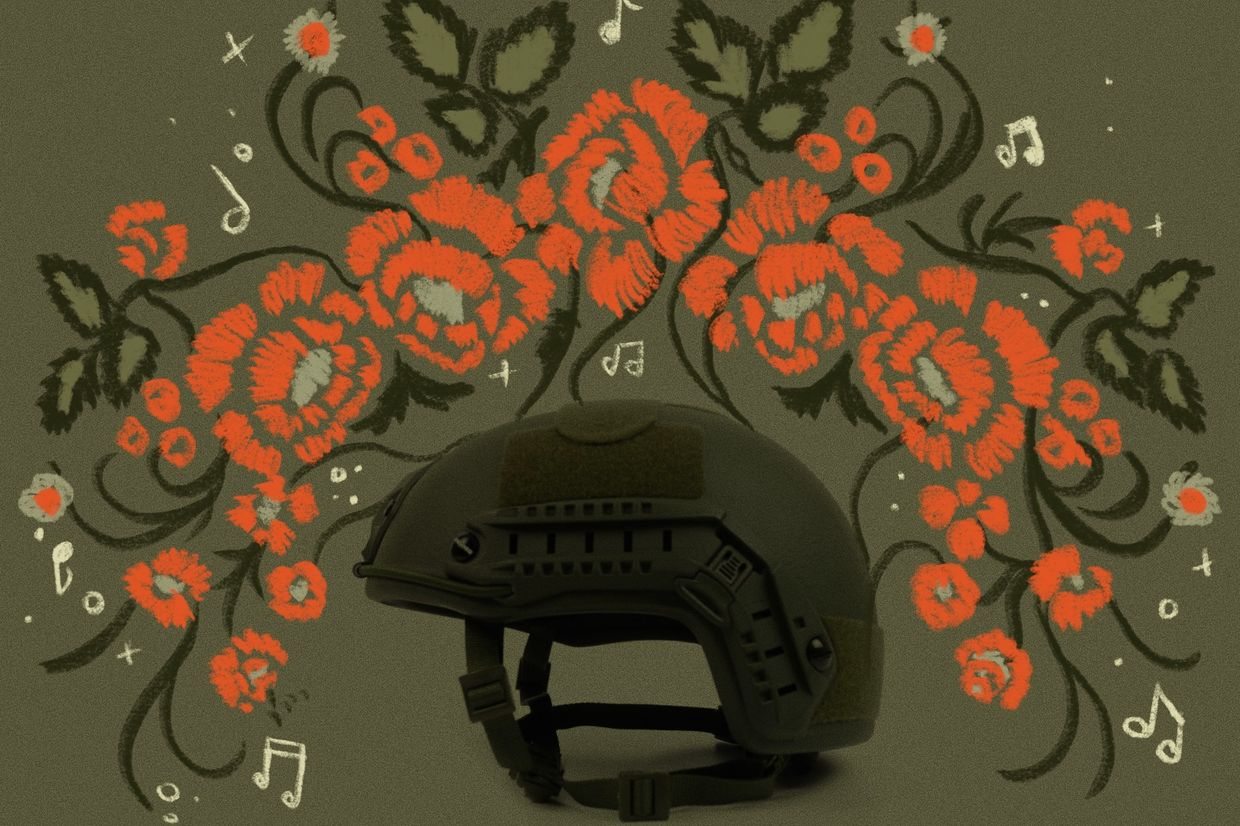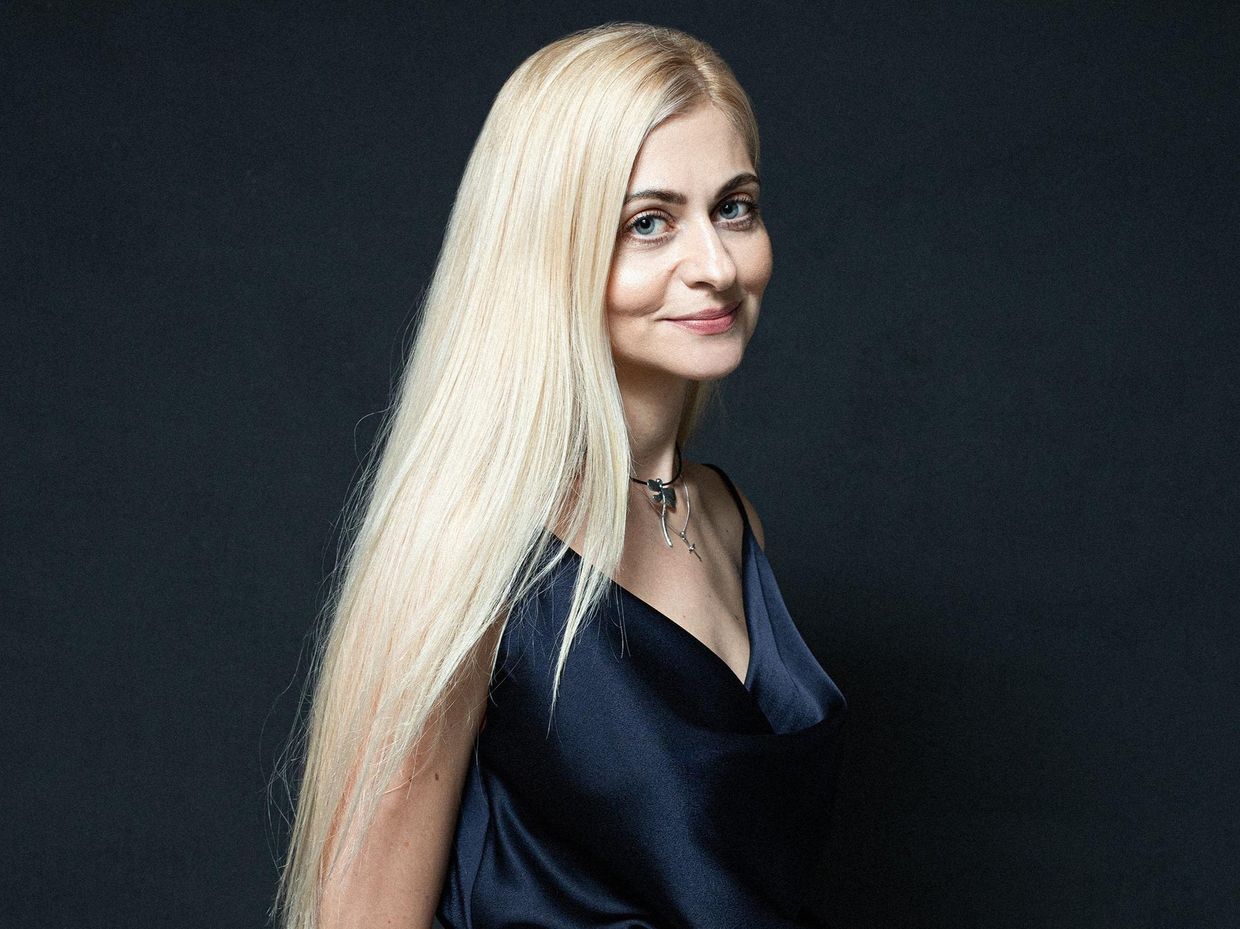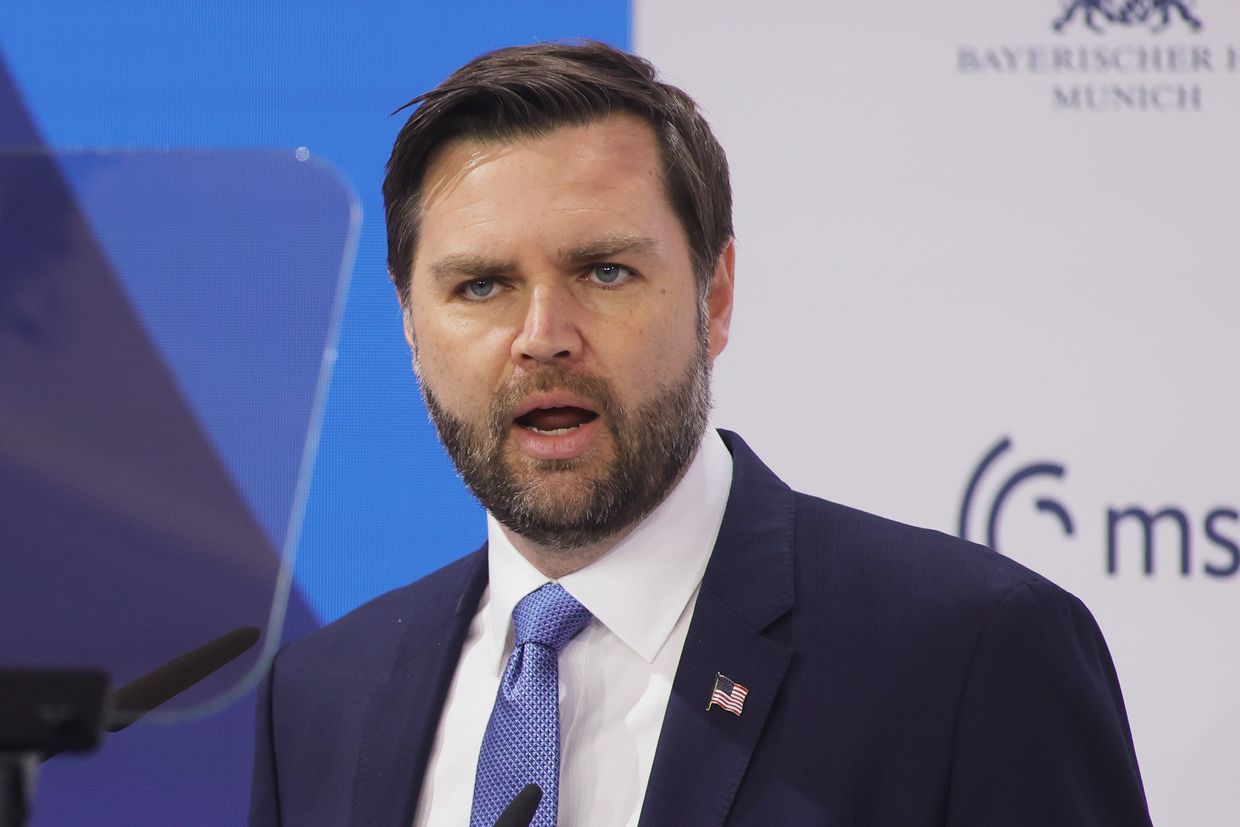“Everything in Ukraine is about pain, tears, serfdom, and wars. Of course, children don’t want to read such literature.” I still remember this conversation from back in school when the math teacher was trying to explain to the literature teacher why her class wasn’t preparing for their lessons.
“But that’s how it really was throughout Ukraine’s history,” the surprised literature teacher replied.
“If it was like that, then it’s no wonder they don’t want to read. I myself couldn’t handle so much negativity. In foreign literature, there are adventures: Mowgli, Gulliver, Tom Sawyer. Personally, I don’t know Ukrainian literature well. We studied Russian literature in school, which included ‘The Garnet Bracelet,’ ‘The Master and Margarita,’ and even ‘War and Peace,’ which is about war too, but it’s interesting. For some reason, Russian literature isn’t as sad as ours. Wasn’t it like that for them?”
“It wasn’t,” the literature teacher replied.
“Well, that still needs to be verified,” the math teacher dismissed.
I witnessed this conversation while staying after class to work on algebra, as I was struggling with it while preparing to enter university. I knew the math teacher was wrong, and even then, it was hurtful to hear all this. I had heard similar complaints and accusations about the sadness and heaviness of Ukrainian literature and the entirety of Ukrainian culture throughout my life.
With the full-scale invasion, there was no need to prove anything to Ukrainian Russophiles about our history or culture. Either there’s now more information about how things were, or the number of Russophiles is finally decreasing. It’s just unfortunate that many admirers of the “great” Russian culture had to see missiles destroying their homes to rid themselves of this obsession.
While preparing to enter the philology faculty with a focus on Ukrainian literature, I began to learn more about this “heavy Ukrainian culture,” about things we hadn’t even touched upon in school. After studying the literature of World War I, the Holodomor in Ukraine – which left me in a state of shock and insomnia – and World War II, I was convinced that the 1960s and 1970s would be a time of enlightenment and rebuilding, as that was when my parents were born.
I thought about how close that was to me in time. But then, just before the Ukrainian literature exam, I read a sentence that still hangs over my consciousness when I think about the “heavy Ukrainian culture”: “The artist Alla Horska was killed with a hammer to the head for her pro-Ukrainian stance.”
This is what the Soviet authorities did up until our independence to everyone who didn’t conform to their inhumane policies, slanders, and crimes. During that same period, the poet Vasyl Symonenko was beaten to death, and the writer Vasyl Stus was imprisoned, where he died after years of torture and inhumane conditions.
This happened to everyone who did not submit, bend the knee, keep silent, or side with the oppressors. A year ago, my fellow writers and I wrote a children’s book, “Light Catchers” about the most famous Ukrainian artists of all time, and we spent hours debating how to present all the factual information about the artists in a way that would not traumatize children, because 80% of the artists suffered from Russian atrocities.
Having entered university and started studying Ukrainian literature, I thought that with Ukraine’s independence, the gates of pain were closing, that this was a free Ukraine, and no one would ever be able to do such things to our artists or any Ukrainian again. This is the civilized modern world, after all. What persecution, heaven forbid, war, could we possibly talk about in the very heart of Europe? After all, our oppressors had long since died — we were left to build a free culture in a free country.
And indeed, for a time, that was the case. In the 1990s, Ukrainian literature, music, and cinema aligned with European postmodernism and kept pace with it. In 1985, writers Yurii Andrukhovych, Viktor Neborak, and Oleksandr Irvanets created the literary group “Bu-Ba-Bu” (Burlesque-Balagan-Buffoonery), which completely overturned Soviet and post-Soviet literature and provided guidance for young writers.
Oksana Zabuzhko, with her novel “Fieldwork in Ukrainian Sex,” established a distinct canon of Ukrainian literature. The poet Serhiy Zhadan, coming from a simple background in eastern Ukraine where Russian cultural influence dominated, began promoting Ukrainian and high culture through his literature, thereby inspiring thousands. Ukrainian music festivals were founded, with Ukrainian music increasingly appearing on radio and television. This was also happening in theater and cinema.
A voluntary Ukrainization began in our culture, with more and more artists switching to the Ukrainian language, which was becoming increasingly popular and fashionable among artistic and intellectual circles. This was a challenging period of nation-building, with Ukraine slowly but purposefully moving in the Ukrainian direction. Indeed, Ukraine’s independence, declared on Aug. 24, 1991, until Russia's illegal annexation of Crimea in 2014, was a unique period when Ukraine wrote its bright pages. These were the twenty years when the literature was not “heavy” but unexpected, entirely new, candid, and vibrant.
With the annexation of Crimea and the undeclared war by Russia against Ukraine, which lasted for eight years in the country’s east, Ukrainian writers, like a mirror to reality, began to write again about war, losses, pain, torture, and death. However, until 2022, these were still not central themes in Ukrainian literature or general culture.
But with the full-scale invasion, undoubtedly, the themes of war, captivity, filtration, loss of homes, deportation, displacement, violence, rape, abuse, and disappearances at the front have become central to all of Ukrainian culture. After some time, we might again hear that the art of early 21st-century Ukraine is no different in mood from that of the mid-20th century and that everyone is tired of reading negative and sad Ukrainian literature.
But how can it be otherwise when art always reflects reality and cannot remain indifferent to historical processes? How can it be otherwise when, today, on the 33rd anniversary of Ukraine's independence, the Russians have destroyed the local history museum in Zaporizhzhia Oblast?

For the past year, I have repeatedly thought about the home of artist Polina Raiko, whose walls and ceilings she painted herself, which were flooded after the Russians blew up the Kakhovka Hydroelectric Power Plant. They have been systematically destroying our culture, art, and literature for centuries to erase our identity and kill those who can proclaim, recreate, and show the terrible reality created by our enemies.
With great pain, I must acknowledge that I now have a separate shelf for books by murdered Ukrainian writers, most of whom were my good acquaintances. These are not just soldiers killed in the war but also civilians. For instance, let us remember writer Victoria Amelina, who was killed by a missile in a pizzeria in Kramatorsk, where she was with an international delegation of journalists.
It’s not just dozens but hundreds of artists who have been killed to ensure their voices are not heard.
Today, on our country’s most significant holiday, a new book titled “On the Minefield of Memory” by the poet Maksym Kryvtsov, who was killed while serving on the front line, was announced. We try to recreate everything our killed artists said during their lives, but the greatest sorrow is that they will not be able to say or write anything more.
And while we might wish for our culture to be positive and light, our history is what it is. We must speak about how Russia has been killing us for centuries and continues to do so. Yes, it will be painful and sad for us to read and re-read chronicles, diaries, memoirs, and fiction about the war, just as it will be painful to watch theatrical performances and films and listen to songs about this time, but this is our bloody history, and we have no other choice.
Despite being “very heavy,” our culture is also strong, deep, exceptional, and sincere, though it is scarred by cruelty and injustice.
We still don’t know when this war will end or the extent to which we’ve grown accustomed to it, but I do know that my small personal solace will be when no new posthumous books by writers Russia killed appear on my shelf.














